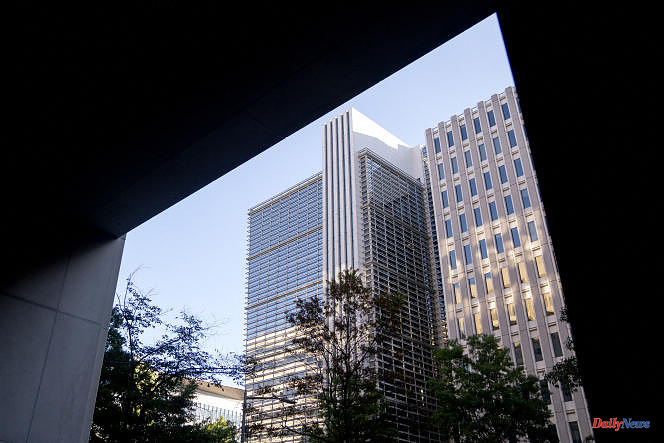The World Bank decided on Monday, March 6, to suspend its partnership framework with Tunisia after an increase in abuses against sub-Saharan migrants following an inflammatory speech by President Kaïs Saïed on illegal immigration. This suspension "until further notice" of the partnership program means a de facto freeze on all new financing to Tunisia, already mired in a serious financial crisis.
The management of the World Bank has decided to "pause" this partnership agreement and to "remove from the calendar the review of the board of directors", initially scheduled for March 21 and "postponed until further notice". This decision concerns the Country Partnership Framework (CPF), which serves as a basis for monitoring by the World Bank's Board of Directors to assess and support the country in its aid programs.
The institution cannot initiate new support programs with the country until the board of directors has met, even if "funded projects remain funded and ongoing projects are maintained", as stated. said a source close to the World Bank. An official from the institution, speaking on condition of anonymity, told AFP that the move meant that granting any new funding to Tunisia was unlikely "until the situation becomes clearer" and that a new CPF is concluded.
Low growth, high inflation and high unemployment
Even temporary, such a freeze "risks having a very bad impact on Tunisia's financial situation," said economist Ezzeddine Saidane.
The country, indebted to the tune of 80% of its GDP due in particular to the weight of its public service, must resort to borrowing to make up its budget deficit. He is also negotiating a loan of nearly 2 billion dollars (1.9 billion euros) with the International Monetary Fund (IMF), which conditions other international aid (including that of the European Union), but the talks are slipping.
"The budget for the year 2023 is based on loans of 25 billion dinars [7.5 billion euros], including the equivalent of 5 billion dinars from abroad. Without the World Bank, carrying out such an operation would be very complicated”, judges Mr. Saidane.
The governor of the Central Bank of Tunisia, Marouane Abassi, warned in January that the year 2023 would be "complicated", in a context of weak growth (less than 3%), high inflation (over 10%) and high unemployment (over 15%), without a quick agreement with the IMF for a loan. But negotiations between the two parties seem to have stalled since an agreement in principle announced in mid-October.
"The next step will depend on the reaction of the government"
A possible agreement with the IMF also depends on certain financing to be released by the World Bank, whose decision to suspend the partnership program with Tunisia could in this respect constitute a new setback in the negotiations. "The IMF might be hesitant to finalize a deal that was already controversial now that the other major donor is stepping back," said the World Bank official, speaking on condition of anonymity.
The Tunisian government has still not reacted to the World Bank's decision. For Mr. Saidane, the Tunisian authorities should "find a way to turn the page on this affair and regain the confidence of international financial institutions". "The next step will depend on the reaction of the government," he adds.
In the meantime, discussions between Tunisia and the World Bank for new funding – including a €20 million loan for a cable project to supply Europe with solar energy – are postponed until further notice. "The longer the situation persists, the more Tunisia will lose funds," the World Bank official warns.












